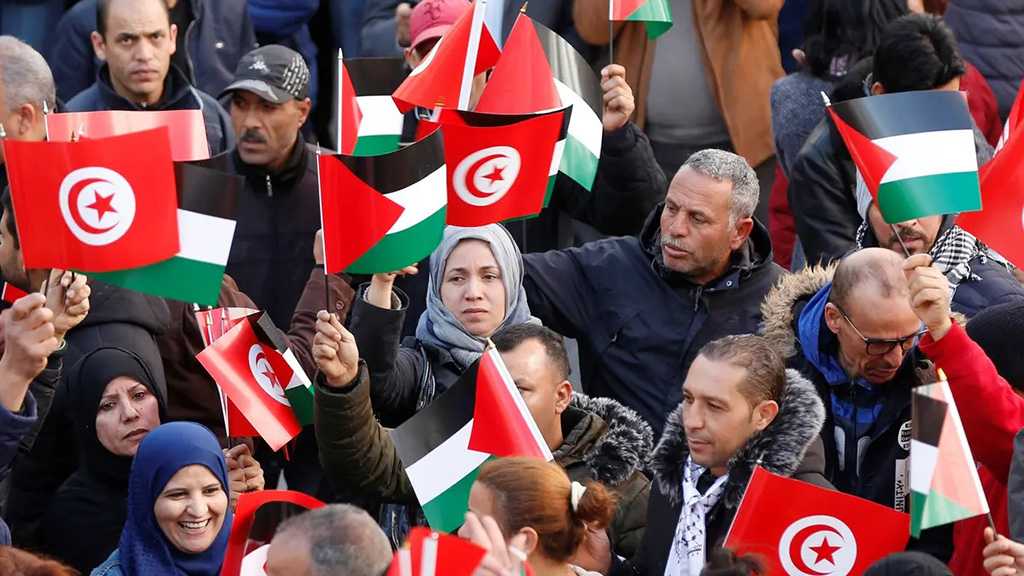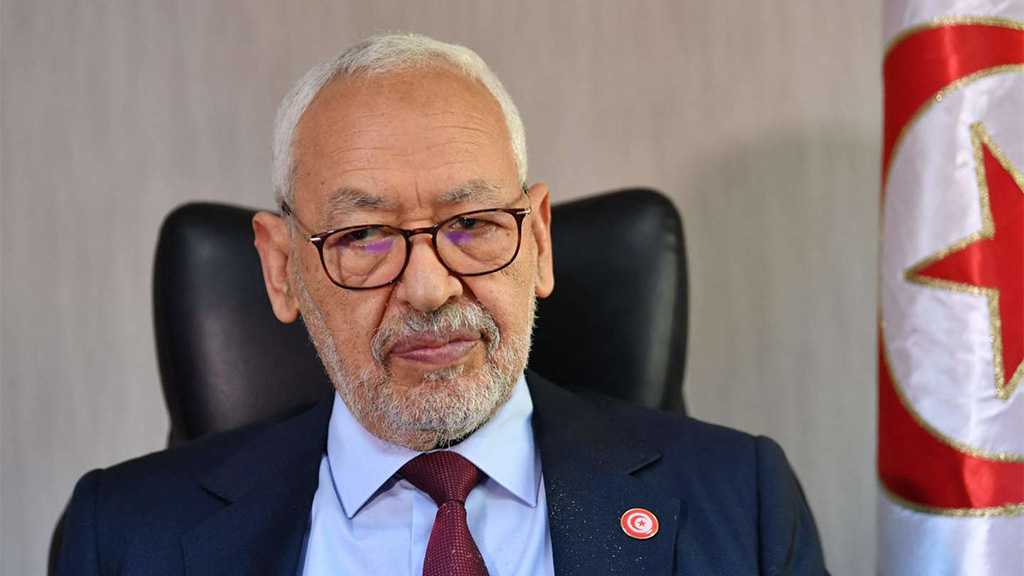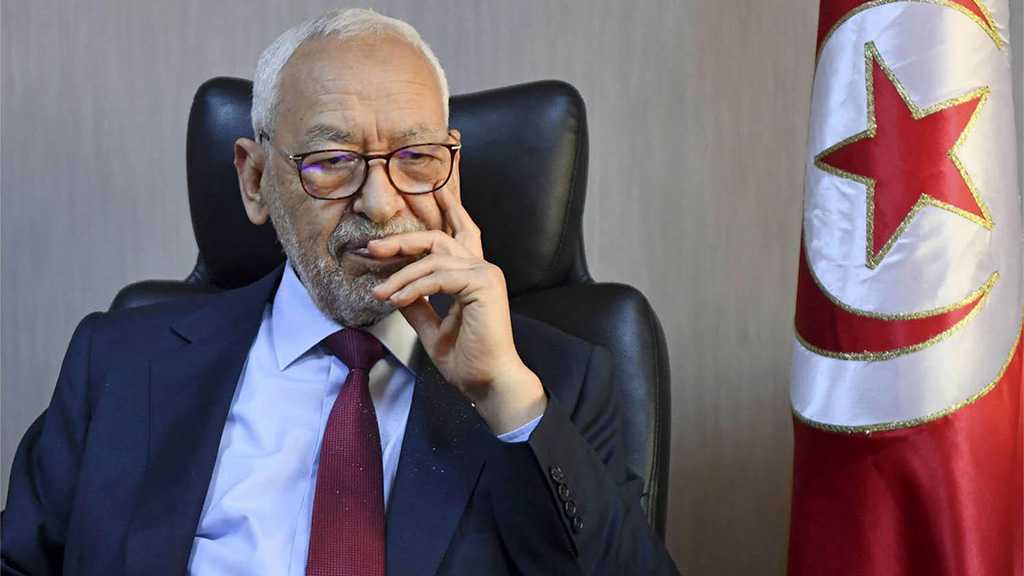Tunisian Electoral Chief: Democratic Transition «Blocked»
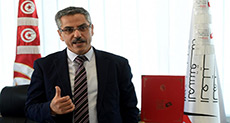
Local Editor
Tunisia's transition to democracy after its 2011 revolution hit a roadblock, the electoral commission chief said Tuesday, criticizing a delay in holding the first local elections since the uprising.
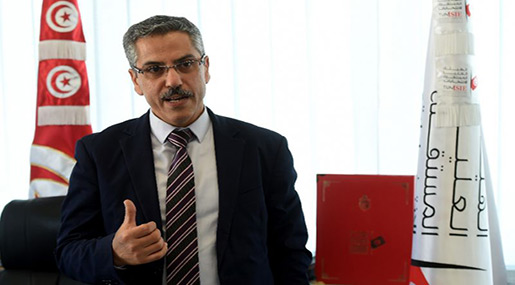
"Tunisia stood out... through its partially successful transition and it is unacceptable that this march towards democracy be cut short," Chafik Sarsar told La Presse newspaper.
"Everything is blocked... We have missed a date with history," he said.
Tunisia, whose 2011 uprising inspired similar revolts across other Arab countries, had been touted as a regional example of a successful transition to democracy after a revolution.
Sarsar criticized parliament's delay in adopting an electoral law necessary to hold the country's first municipal and regional polls since the revolt that toppled longtime dictator Zine El Abidine Ben Ali.
He said the commission needed "eight months from the publication of the law" to organize the polls.
If the elections were held in 2018, they would be immediately followed by the 2019 presidential elections, he said, warning holding these so close together risked "tiring out" the electorate.
On Tuesday, a parliament vote on a third of the members of the electoral commission was postponed after the necessary quorum of 160 lawmakers was not met, NGO al-Bawsala reported.
Tunisia passed a new constitution in 2014 and held free parliamentary and presidential elections the same year.
But authorities have struggled to redress Tunisia's economy and solve youth unemployment -- particularly among new graduates -- since the 2011 revolt.
On Tuesday morning, some 40 unemployed graduates broke in to local government offices in the town of Sidi Bouzid in central Tunisia, which was the cradle of the 2011 uprising, an AFP correspondent said.
They had traveled from the town of Meknassi some 50 kilometers [30 miles] away to demand authorities provide them with jobs.
Security forces arrested about 10 protesters.
Calm returned to Sidi Bouzid by midday, but a call was issued for a general strike in Meknassi on Thursday.
In January last year, authorities imposed a nationwide nighttime curfew after Tunisia witnessed some of its worst social unrest since the 2011 uprising.
Anger erupted after the death of a 28-year-old unemployed man who was electrocuted when he climbed a power pole while protesting in the central town of Kasserine.
That unrest had echoes of the public anger after the death of a young fruit seller who set himself on fire in Sidi Bouzid in December 2010 in protest at unemployment and police harassment.
Source: News Agencies, Edited by website team
Comments
- Related News

